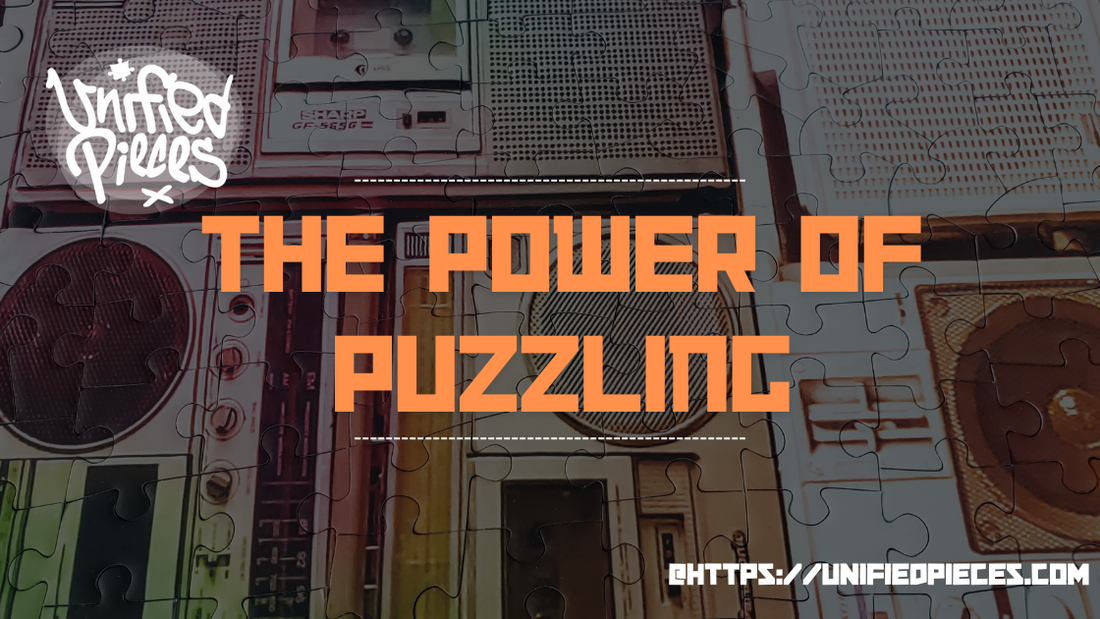In a world where mental well-being is increasingly becoming a priority, simple, traditional activities like jigsaw puzzling are gaining recognition for their therapeutic benefits. Jigsaw puzzles, often seen as a leisurely pastime, hold a surprising amount of mental health benefits. Unified Pieces, a company that crafts beautifully intricate puzzles, not only offers a delightful challenge but also a therapeutic escape. Let’s explore the mental health benefits that jigsaw puzzles provide.
Stress Reduction and Relaxation
One of the most immediate benefits of puzzling is its ability to reduce stress. The act of focusing on a puzzle allows individuals to enter a meditative state, where the mind is calmly engaged in a singular task. This focused state of mind helps reduce stress and anxiety levels. The satisfaction of placing each piece correctly also releases dopamine, a neurotransmitter that promotes feelings of happiness and relaxation.
Enhanced Cognitive Abilities
Puzzling exercises both the left and right hemispheres of the brain simultaneously. The left hemisphere, our logical side, works on sorting and organizing the pieces, while the right hemisphere, our creative side, works on the big picture. This dual engagement improves cognitive functions like memory, problem-solving skills, and attention to detail. Regular puzzling can even delay the onset and reduce the effects of certain mental illnesses like dementia and Alzheimer’s.
Improved Mood and Self-Esteem
Completing a puzzle, especially a challenging one like those offered by Unified Pieces, provides a sense of accomplishment and boosts self-esteem. This feeling of achievement is particularly beneficial for individuals battling depression or low self-esteem. Puzzling also offers an outlet for creativity, allowing individuals to express themselves in a non-verbal way, which can be therapeutic for those who find it difficult to articulate their feelings.
Mindfulness and Presence
In our fast-paced, digitally-driven world, it’s easy to become disconnected from the present moment. Puzzling forces you to slow down and focus on the task at hand, fostering a state of mindfulness. This practice of being fully present and engaged can have profound effects on your overall mental health, reducing symptoms of anxiety and depression.
Social Connection
While puzzling can be a solitary activity, it also has the potential to be a social one. Working on a puzzle with family or friends can strengthen bonds and encourage cooperation and communication. For those who feel isolated, puzzling in a group setting can provide a sense of community and belonging, which is crucial for mental well-being.
A Sense of Control
In a world that often feels chaotic and unpredictable, completing a puzzle gives a sense of control. The ability to organize and assemble the pieces into a cohesive whole can be incredibly satisfying and empowering. It’s a reminder that, despite the complexities of life, there are challenges that we can conquer and control.
The humble jigsaw puzzle, such as those offered by Unified Pieces, is more than just a pastime; it’s a tool for mental wellness. Whether it’s through stress relief, cognitive enhancement, or social connection, the benefits of puzzling are vast and varied. In a world where mental health is increasingly at the forefront of our conversations, perhaps it’s time to look back at this simple, yet powerful activity and recognize the potential it holds for our overall well-being.

